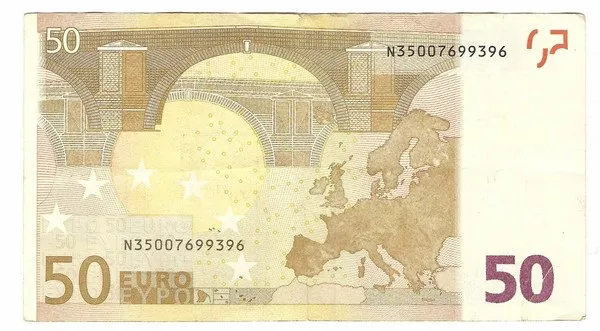Europe, known for its rich history, diverse cultures, and economic prosperity, is also home to nations facing significant economic challenges. While the continent as a whole boasts developed and stable economies, there exists a stark contrast within its borders. In this article, we delve into the question: What is the poorest country in Europe? Examining various economic indicators and contextual factors, we aim to shed light on the challenges faced by the region’s less affluent nations.
Defining Poverty in the European Context:
Before delving into the specifics of the poorest country in Europe, it is crucial to understand the criteria used to define economic well-being. Standard metrics include GDP per capita, unemployment rates, income distribution, and overall economic stability. These indicators help paint a comprehensive picture of a nation’s economic health and the well-being of its citizens.
Identifying the Poorest Country:
Based on the latest available data, as of 2022, Moldova is often considered the poorest country in Europe. Nestled between Romania and Ukraine, Moldova faces economic challenges stemming from a history of political instability, corruption, and dependence on agriculture.
GDP per Capita:
Gross Domestic Product (GDP) per capita is a key measure to assess the economic well-being of a nation. Moldova’s GDP per capita hovers at around $3,800 (USD), significantly lower than the European average. This places Moldova in the category of lower-middle-income countries, facing substantial economic disparities compared to its more affluent neighbors.
Economic Challenges in Moldova:
Political Instability:
Moldova has experienced a series of political challenges since gaining independence in 1991. The country has faced difficulties in forming stable governments, leading to a lack of consistent economic policies and reforms. Political instability often hampers foreign investment and economic development.
Corruption:
Corruption has been a persistent issue in Moldova, affecting various sectors, including public administration and business. The presence of corruption undermines the rule of law, discourages foreign investment, and exacerbates economic inequality, contributing to the nation’s economic challenges.
Dependence on Agriculture:
Moldova’s economy relies heavily on agriculture, with a significant portion of its population engaged in farming. This dependence makes the country vulnerable to fluctuations in commodity prices and climate-related challenges. Diversification of the economy is crucial for long-term sustainability and growth.
Remittances:
Moldova has a substantial diaspora, and remittances from Moldovan workers abroad play a significant role in the country’s economy. While these remittances contribute to household incomes, they also highlight the challenges of job scarcity within the country, as many Moldovans seek employment opportunities abroad.
International Assistance and Development Efforts:
Recognizing the economic challenges faced by Moldova, various international organizations and donor countries have initiated development projects to support the nation. These efforts aim to address issues such as governance, infrastructure, and education, laying the groundwork for sustainable economic development.
Looking Beyond Moldova:
While Moldova often takes the spotlight as the poorest country in Europe, it is essential to acknowledge that economic challenges exist in other nations as well. Several countries in southeastern Europe, including Albania and Kosovo, face similar struggles with political instability, corruption, and economic disparities.
Albania: Albania, despite making progress in recent years, continues to grapple with challenges such as high unemployment rates and a large informal economy. Efforts to strengthen institutions, enhance governance, and attract foreign investment are crucial for Albania’s economic development.
Kosovo: Kosovo, a relatively young nation, faces economic challenges stemming from political and ethnic tensions. Efforts to build a stable and inclusive political environment are vital for fostering economic growth and attracting investment.
See Also What Happens If The Euro Weakens?
Conclusion:
Identifying the poorest country in Europe goes beyond statistical figures; it requires an understanding of the historical, political, and social factors shaping a nation’s economic landscape. Moldova, with its unique set of challenges, serves as a poignant example of the obstacles faced by certain European nations. As the international community continues to collaborate on development initiatives, the goal is to uplift not only Moldova but also other nations in the region facing economic hardships, fostering a more economically inclusive Europe.


